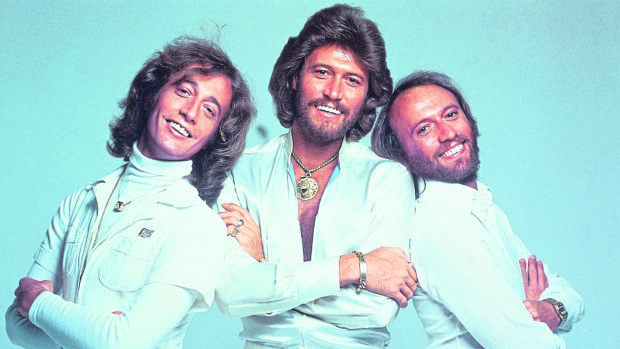Early retirement has come my way and I have decided to mastermind this new phase of life by keeping a list.
I don’t mean my name, address and next of kin in case I forget who I am as my brain shrinks – and have to be helped to find my way home.
I mean a list of things to do to give my twilight years some sense of purpose and direction.
Surprise, surprise. There are web sites which tell oldies exactly what do next when it’s time to put your feet up with the intention of doing nothing.
But that is not a good thing at all these days, is it? Vegetating into a couch potato is bad for you.
I saw that some meditation is good for the brain, but not if you are simply watching the 2.30 race at Sandown Park or replays of Match of the Day on the box.
I have found online sites suggesting 70 different activities which would be ideal for old people to take up, and I am still counting.
In fact, I am compiling a list of them and I am convinced this will become a major pastime in itself. I won’t actually do any of them – I’ll just juggle the list for a couple of hours a day, switching around the order of priorities depending on my mood.
Barry Gibb must be well into this kind of stuff – he’s 72, after all.
But his iconic disco hit “Stayin’ Alive” is packed with goodies for us more mature folk.
Funnily enough, it rocketed to number one in the US charts this very week 41 years ago as part of a spectacular run by the Bee Gees which matched the Beatles’ six number ones in a row.
There is a line which goes, “You can tell by the way I walk, I’m a woman’s man…”.
In fact, medical scientists can tell a lot about us from our walks, regardless of whether of not we think we are a “woman’s man”.
Tests analysed the gaits and other walking habits of older people and claimed they were able to build up a common pattern from their speed or slowness, which showed who would live to a healthy and ripe old age and those who would face serious problems such as dementia.
A quick walker is a healthy walker by the sound of it.
That’s on my retirement list for starters. I had a big operation last year and my surgeon insisted that I stepped out on good strong walks every day as part of my six weeks of convalescing and I kept it up, so it must work.
Stayin’ Alive from Saturday Night Fever is actually all about fighting back against adversity and all sorts of daily threats, so there is remarkably a serious message in this 4min 45secs piece of pop history which the Bee Gees feared had stereotyped them.
A fascinating by-product of this hit song is that at 104 beats-per-minute, it is the ideal accompaniment to those performing CPR on people who are dead or dying (playing it in their heads, I mean, not actually playing it aloud). Even the British Heart Foundation recommends it because it almost matches the number of beats of the heart.
Anyone who has performed CPR chest compressions in training or for real will know how important timing and rhythm is when doing it. When I did it for First Aid training, I remember how tiring it was, too.
So, I am staring at myself in shop windows now as I stride past purposefully, checking my walking technique is up to scratch and I don’t look like an old wreck.
A sense of purpose is definitely a top priority in old age.
Our whole working lives are built on daily structures, with private pursuits having to fit in around them.
The tables are now turning in retirement, but we still need daily structures to keep us on the right path and not go around in circles wondering what to do – and not doing anything much.
With the sheer number of people now living longer generally, the pressure on the NHS is showing the strain especially when oaps are in their 80s and 90s. Dementia and Alzheimers’ Disease depressingly keep pace with this growing army, but it does not have to be an inevitable part of old age.
Genetics play a part in some cases, but having parents with dementia does not automatically guarantee you’ll be next.
There is so much about lifestyle and keeping your mind and body exercised which can hold back natural loss of brain power as years roll by. Smoking, obesity, lack of exercise and diabetes can all be killers and often manifest themselves through dementia.
Even although many hereditary illnesses are in our genes, the key to life is also in our own hands.
The key to my shed is in my hands, too, and “man sheds” are all the rage now. The only trouble is I can’t get in because there is so much clutter. It will take weeks to take it all to the tip.
There’s a job. I’ll add it to my list.

